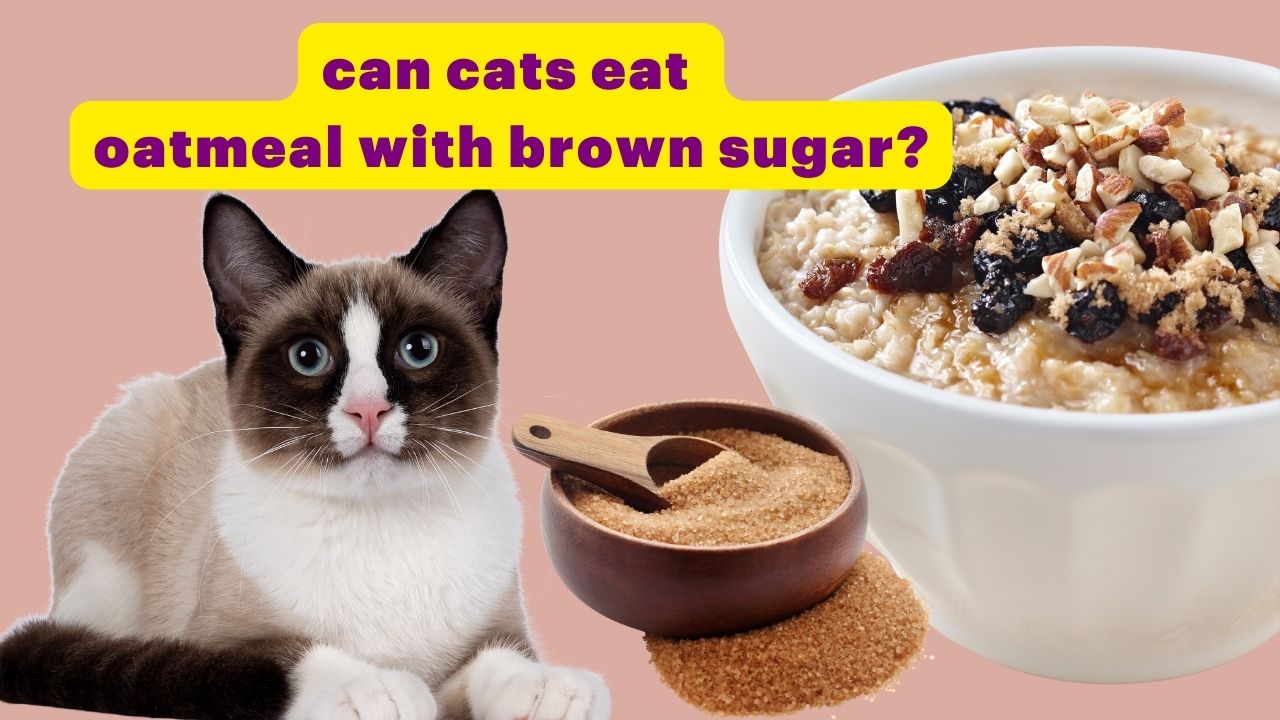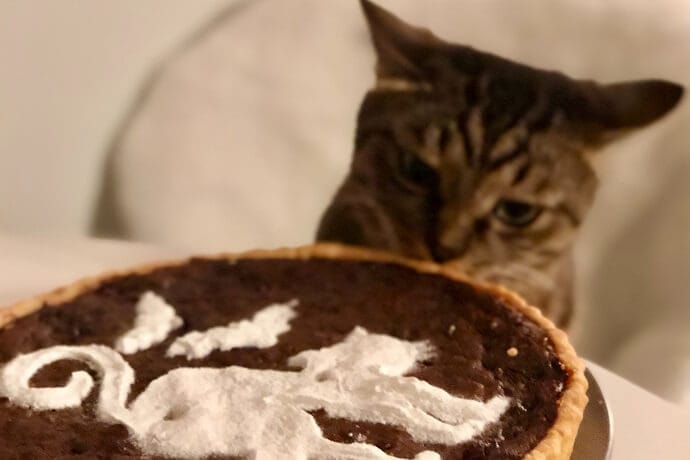Cats are known for their curious nature and their tendency to explore different types of food. As a cat owner, it is important to be aware of what foods are safe for your feline friend to consume. One common question that arises is whether cats can eat brown sugar. In this article, we will delve into the topic and provide you with all the information you need to know about cats and brown sugar.

Can Cats Safely Consume Brown Sugar?
The short answer is no, cats should not consume brown sugar. Brown sugar is a type of sugar that is derived from sugarcane or sugar beets. It undergoes a process that adds molasses, giving it a distinct flavor and color. While brown sugar may be a staple in many households, it is not suitable for feline consumption.
Why is Brown Sugar Harmful to Cats?
Brown sugar, like other forms of sugar, contains sucrose, which is a type of carbohydrate. Cats, however, have a different digestive system compared to humans. Their bodies are not designed to process large amounts of sugar. Consuming brown sugar can lead to various health issues for cats, including:
-
Obesity: Sugar is high in calories and can contribute to weight gain in cats. Obesity can lead to a range of health problems, such as diabetes, joint issues, and heart disease.
-
Diabetes: Cats are prone to developing diabetes, and a diet high in sugar can increase the risk. Diabetes in cats requires careful management and can have serious consequences if left untreated.
-
Dental Problems: Sugar can contribute to dental issues in cats, such as tooth decay and gum disease. The sticky nature of brown sugar can adhere to the teeth, promoting the growth of harmful bacteria.
-
Digestive Upset: Cats have sensitive digestive systems, and consuming brown sugar can lead to gastrointestinal issues such as diarrhea and vomiting.
Alternatives to Brown Sugar for Cats
While brown sugar is not safe for cats, there are alternative ways to add flavor to their meals. Here are some safe options:
-
Cat-Friendly Herbs: Adding herbs such as catnip, parsley, or basil to your cat’s food can provide a burst of flavor without the harmful effects of sugar.
-
Meat Broth: Adding a small amount of low-sodium meat broth to your cat’s food can enhance the taste and make mealtime more enjoyable for them.
-
Commercial Cat Treats: There are numerous cat treats available in the market that are specifically formulated for feline consumption. These treats come in a variety of flavors and textures, ensuring your cat’s taste buds are satisfied.
Conclusion
In conclusion, cats should not consume brown sugar due to its potential harm to their health. As responsible cat owners, it is crucial to provide a balanced and nutritious diet for our feline companions. If you have any concerns about your cat’s diet or health, it is always best to consult with a veterinarian. Remember, keeping your cat safe and healthy should always be a top priority.
FAQs
1. Can cats eat white sugar?
No, cats should not consume white sugar either. Similar to brown sugar, white sugar is high in sucrose and can lead to various health issues in cats.
2. Are there any sugars that are safe for cats?
While cats do not require sugar in their diet, small amounts of natural sugars found in fruits such as apples or berries can be safe for cats. However, it is important to consult with a veterinarian before introducing any new foods to your cat’s diet.
3. What are the signs of diabetes in cats?
Signs of diabetes in cats include increased thirst and urination, weight loss, increased appetite, lethargy, and changes in behavior. If you notice any of these symptoms, it is important to seek veterinary care.
4. Can cats develop dental problems from consuming sugar?
Yes, sugar can contribute to dental problems in cats. The sticky nature of sugar can adhere to the teeth, promoting the growth of harmful bacteria and leading to tooth decay and gum disease.
5. How can I ensure my cat’s diet is balanced and nutritious?
To ensure your cat’s diet is balanced and nutritious, it is recommended to feed them high-quality commercial cat food that is specifically formulated to meet their nutritional needs. Additionally, consulting with a veterinarian can help you create a suitable diet plan for your cat.

